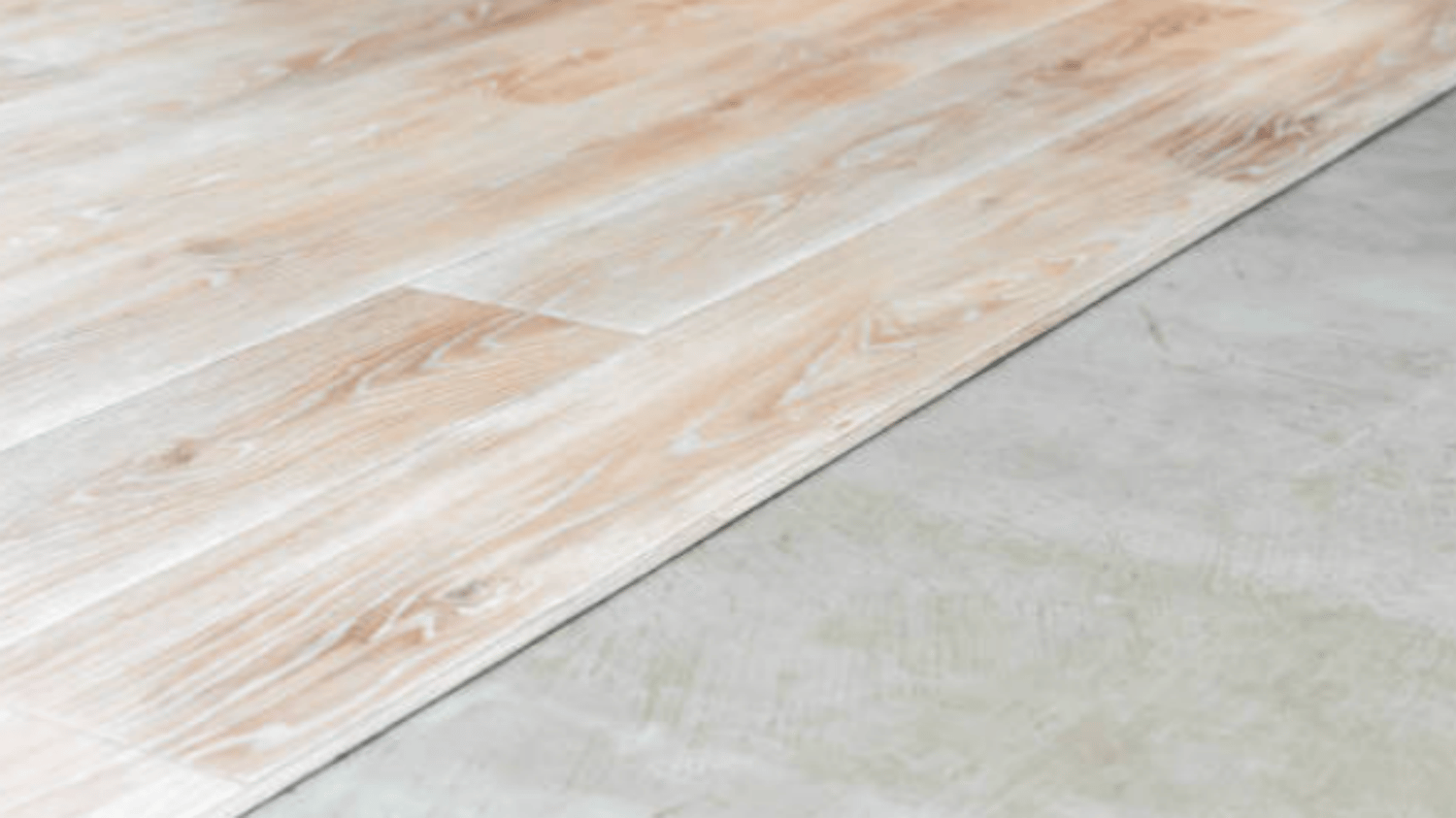Introduction
Welcome to our comprehensive guide on the cost of homogeneous vinyl sheet flooring. In this article, we will explore various aspects of this flooring option, including its benefits, installation process, maintenance requirements, and, of course, the cost. Whether you are a homeowner looking to renovate your space or a business owner considering vinyl sheet flooring for your commercial property, this article will provide you with all the information you need to make an informed decision.
1. Understanding Homogeneous Vinyl Sheet Flooring
Before we dive into the cost, let's briefly understand what homogeneous vinyl sheet flooring is. Homogeneous vinyl flooring is a type of resilient flooring made of a single layer of vinyl. It is known for its durability, easy maintenance, and wide range of design options. This type of flooring is often chosen for high-traffic areas due to its exceptional wear resistance.
2. The Benefits of Homogeneous Vinyl Sheet Flooring
Homogeneous vinyl sheet flooring offers numerous benefits that make it an attractive choice for both residential and commercial spaces. Firstly, it is highly durable and can withstand heavy foot traffic without showing signs of wear and tear. Additionally, it is resistant to stains, scratches, and moisture, making it suitable for areas prone to spills or high humidity.
Furthermore, homogeneous vinyl sheet flooring is available in a wide variety of designs, colors, and patterns, allowing you to find the perfect flooring option to match your aesthetic preferences. It is also an excellent choice for those with allergies as it does not trap dust, pollen, or pet dander.
3. The Installation Process
When considering the cost of homogeneous vinyl sheet flooring, it is essential to factor in the installation process. While it is possible to install vinyl sheet flooring as a DIY project, it is recommended to hire a professional installer for a flawless finish. The installation process typically involves preparing the subfloor, applying adhesive, and laying the vinyl sheets.
The cost of installation can vary depending on factors such as the size of the area, the complexity of the design, and the location. It is advisable to obtain quotes from multiple installers to ensure you get the best value for your money.
4. Factors Affecting the Cost
Several factors influence the cost of homogeneous vinyl sheet flooring. The primary factors to consider include the quality of the vinyl, the thickness of the sheet, the design and pattern chosen, and the size of the area to be covered. Additionally, installation costs, including the removal of existing flooring and subfloor preparation, should be taken into account.
It is important to note that while homogeneous vinyl sheet flooring may have a higher upfront cost compared to other flooring options, its long-term durability and low maintenance requirements can result in significant cost savings over time.
5. Average Cost of Homogeneous Vinyl Sheet Flooring
The cost of homogeneous vinyl sheet flooring can vary depending on the factors mentioned above. On average, you can expect to pay between $2 and $5 per square foot for materials. Installation costs can range from $1.50 to $3 per square foot, depending on the complexity of the project and the region where you live.
It is advisable to budget additional funds for any necessary subfloor repairs or modifications, as well as for the removal and disposal of existing flooring materials if required.
6. Cost Comparison with Other Flooring Options
When considering the cost of homogeneous vinyl sheet flooring, it may be helpful to compare it with other popular flooring options. While hardwood flooring can cost anywhere from $8 to $25 per square foot, and ceramic tile can range from $5 to $15 per square foot, homogeneous vinyl sheet flooring offers a more budget-friendly alternative without compromising on durability and design options.
7. Maintenance and Longevity
One of the advantages of homogeneous vinyl sheet flooring is its low maintenance requirements. Regular sweeping and occasional mopping with a mild detergent solution are usually sufficient to keep the flooring looking its best. Additionally, vinyl sheet flooring is known for its longevity, with a lifespan of 10 to 20 years under normal wear and tear conditions.
It is worth noting that proper maintenance and care can extend the lifespan of your vinyl sheet flooring, ensuring you get the most value out of your investment.
8. Return on Investment
Investing in homogeneous vinyl sheet flooring can provide a favorable return on investment, both in residential and commercial settings. Its durability and long lifespan mean that you won't need to replace the flooring frequently, saving you money in the long run. Additionally, its attractive appearance can enhance the overall value and appeal of your property.
9. Environmental Considerations
For those concerned about the environmental impact of their flooring choices, homogeneous vinyl sheet flooring offers some eco-friendly options. Look for manufacturers that produce vinyl flooring using recycled materials and have sustainable manufacturing practices. Additionally, vinyl flooring is 100% recyclable, ensuring that it can be repurposed at the end of its lifespan.
10. Conclusion
In conclusion, homogeneous vinyl sheet flooring is a versatile and cost-effective flooring option. Its durability, low maintenance requirements, and wide range of design choices make it a popular choice for both residential and commercial spaces. When considering the cost, remember to factor in installation expenses and potential additional costs such as subfloor repairs. By choosing homogeneous vinyl sheet flooring, you can enjoy a long-lasting and aesthetically pleasing flooring solution.

